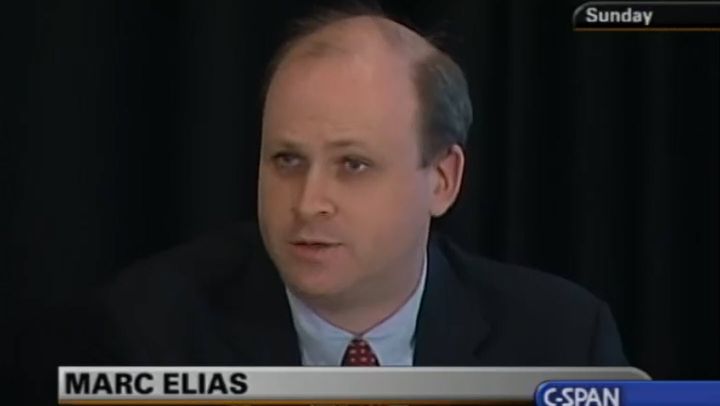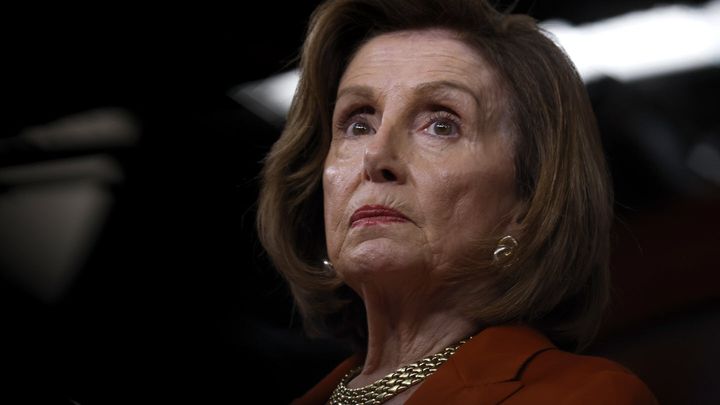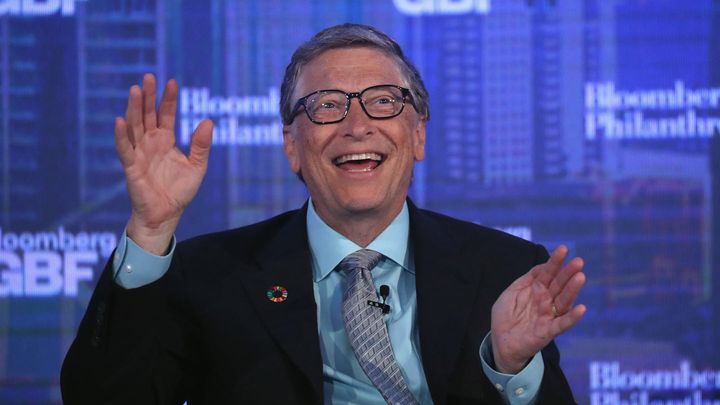Democratic lawyer Marc Elias emerged as a liberal hero on Twitter in the months leading up to the election as Democrats fought Republicans over vote-by-mail policies. And after Election Day, as Trump attempted to dispute the results, Elias’ profile continued to grow through viral tweets about the president’s poor showing in the courts, making heavy use of the siren emoji.
“Marc E. Elias protected our democracy and American voters. Marc is our national hero!,” one person wrote in a graphic celebrating Elias reaching 300k Twitter followers. “Marc Elias is Ironman,” declared Julie Cohen, co-director of the movie RBG. “Are they going to name you Secretary of Kicking Ass? They should,” suggested verified Twitter account holder Eric Garland. Lawyer and self-described “extreme centrist” Neal Katyal tweeted that “Marc Elias is a true American hero.”
But before Elias became known as a hero for democracy for helping Democrats prevail over Trump’s lawsuits, he led efforts to weaken campaign finance laws and open the door for big donors to have more influence in politics, including efforts conducted in partnership with the Republican Party. Many of the campaign finance policies Elias has pushed over the years have been vehemently opposed by nonpartisan good government groups with missions to defend democracy and prevent corruption.
In 2014, Elias, as a representative of the Democratic National Committee, partnered with the Republican National Committee on a multi-pronged effort to allow the two major parties to raise more money from wealthy donors. Elias and his fellow DNC lawyers co-authored along with their Republian counterparts an advisory opinion request to the Federal Election Commission asking for the parties to be allowed to raise private funds in excess of their contribution limits for their conventions. Despite comments in opposition from public interest groups Campaign Legal Center, Democracy 21, and Public Citizen, which said the request was about “opening new and potentially corrupting avenues of special interest money,” the FEC sided with Elias and his partners and said the parties could raise the funds.
Elias then worked with Congress to dramatically further increase the amount the parties could take from big donors. According to Politico, Elias worked with former Senate Majority Leader Harry Reid’s (D-Nev.) chief of staff David Krone on a legislative rider that expanded the amount individual donors can give to each of the parties’ various committees from $97,200 to a total of $777,600 per year or $1,555,200 per two-year election cycle. The rider, which was developed in partnership with former House Speaker John Boenher (R-Ohio), said that the party committees could raise funds for new building accounts and legal accounts, and tripled the amount that donors could give to those new funds. It also increased the amount PACs can give to the party organizations.
The rider has almost certainly benefited Elias and his firm directly in the past six years. It allowed a donor to give up to $291,000 each year to each party’s legal and recount funds, and Elias is the chair of the political law group at Perkins Coie, which has a near-monopoly on providing legal representation to Democrats. It’s impossible to know how much money Elias earns, and he did not respond to a request for comment, but Perkins Coie earns millions in legal fees from the Democratic party committees that benefited from the rider.



